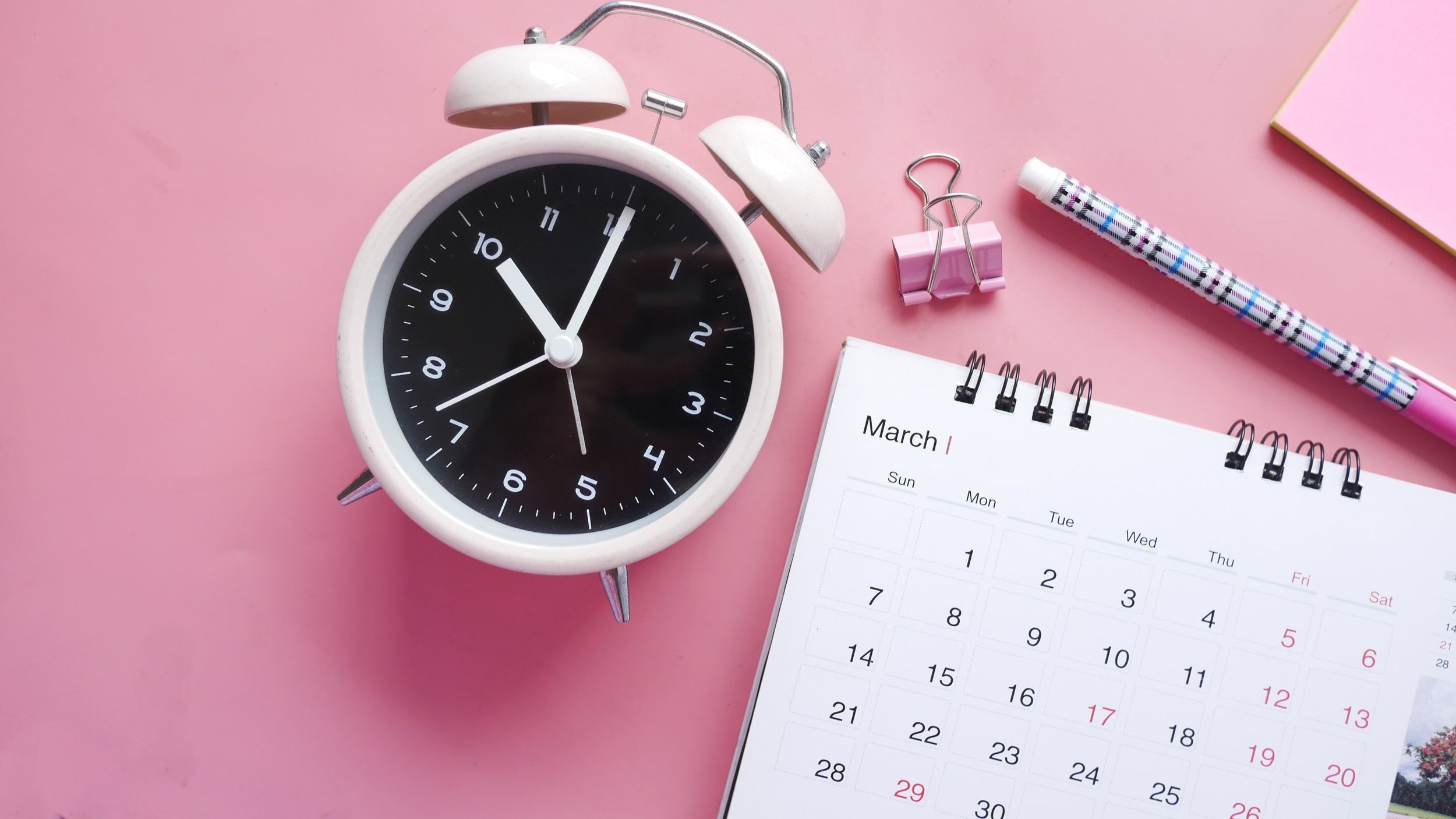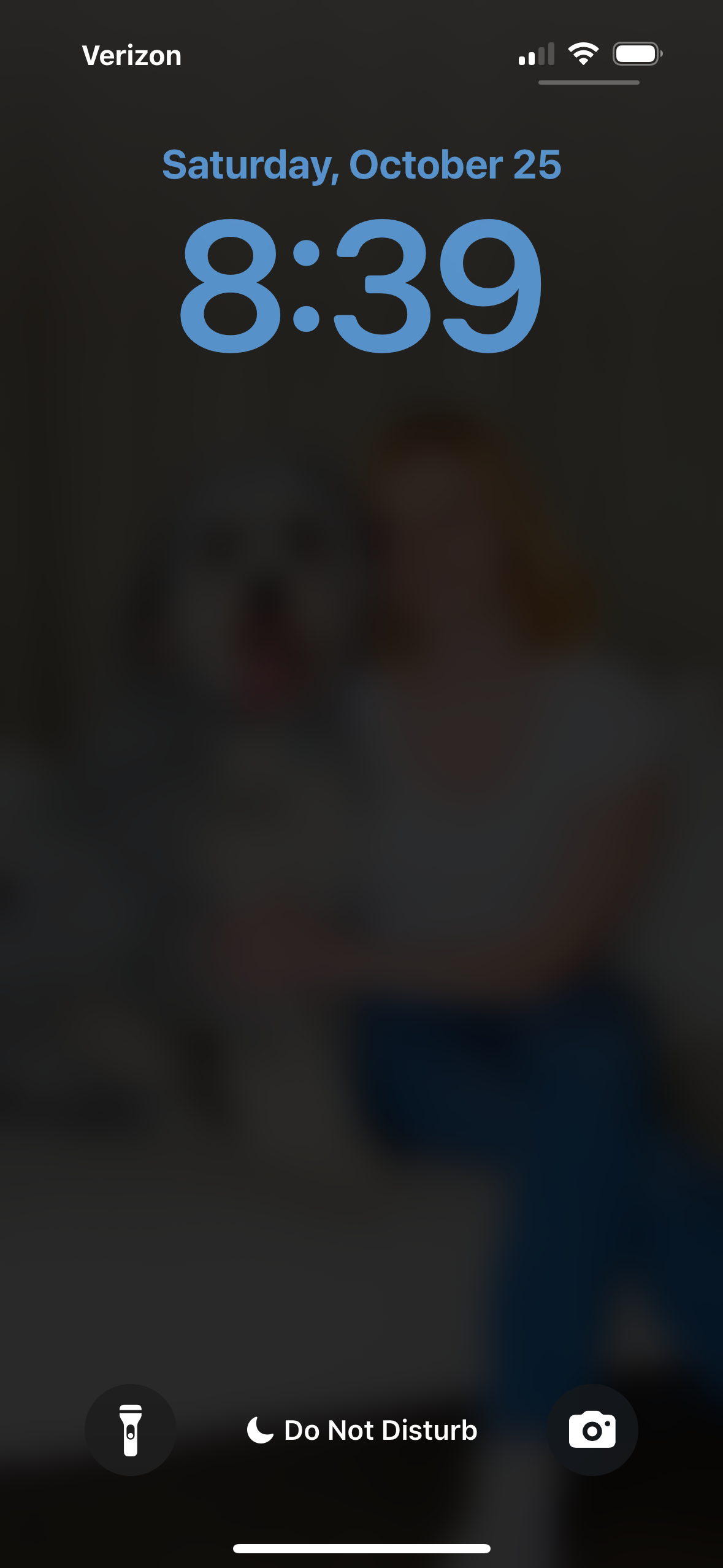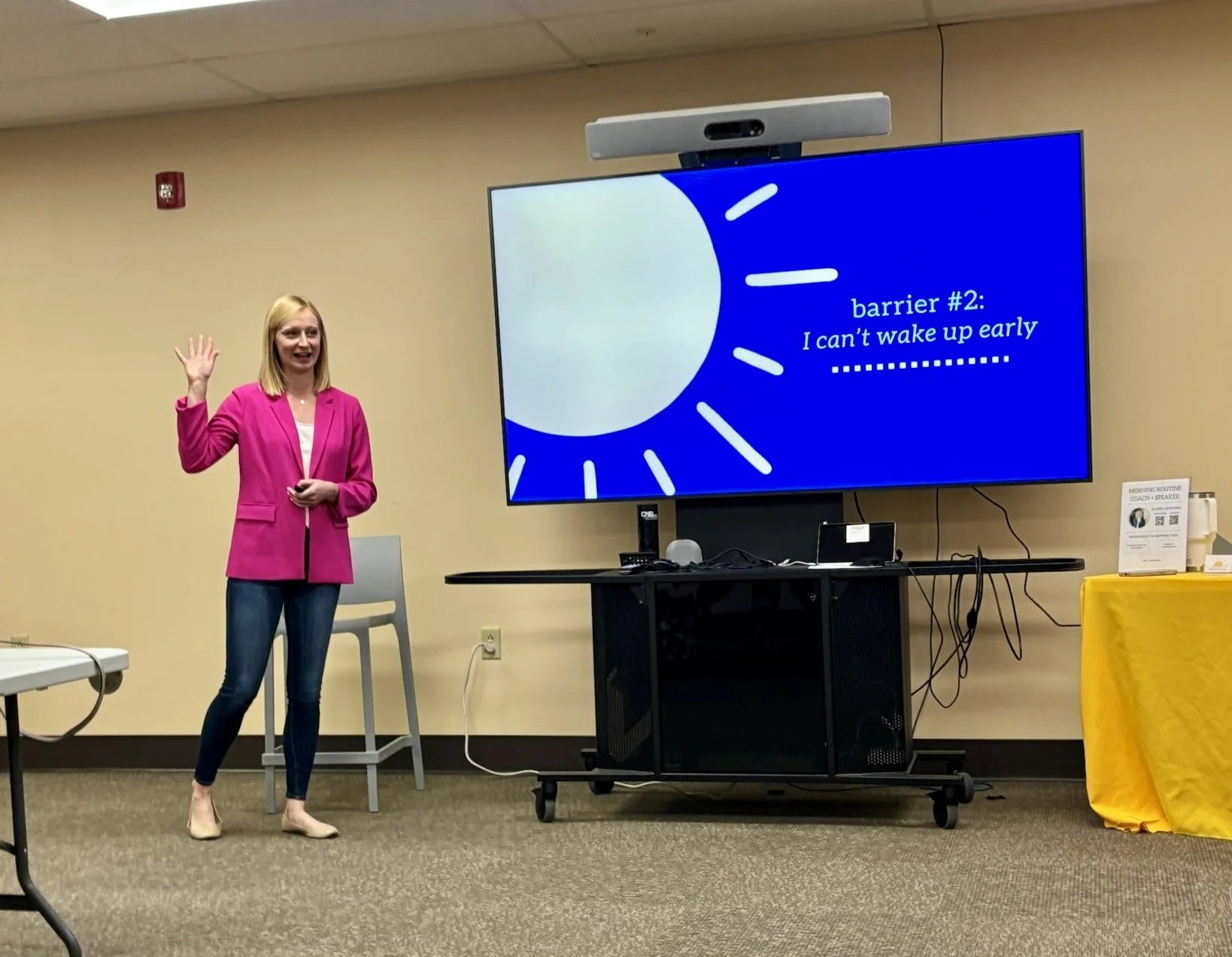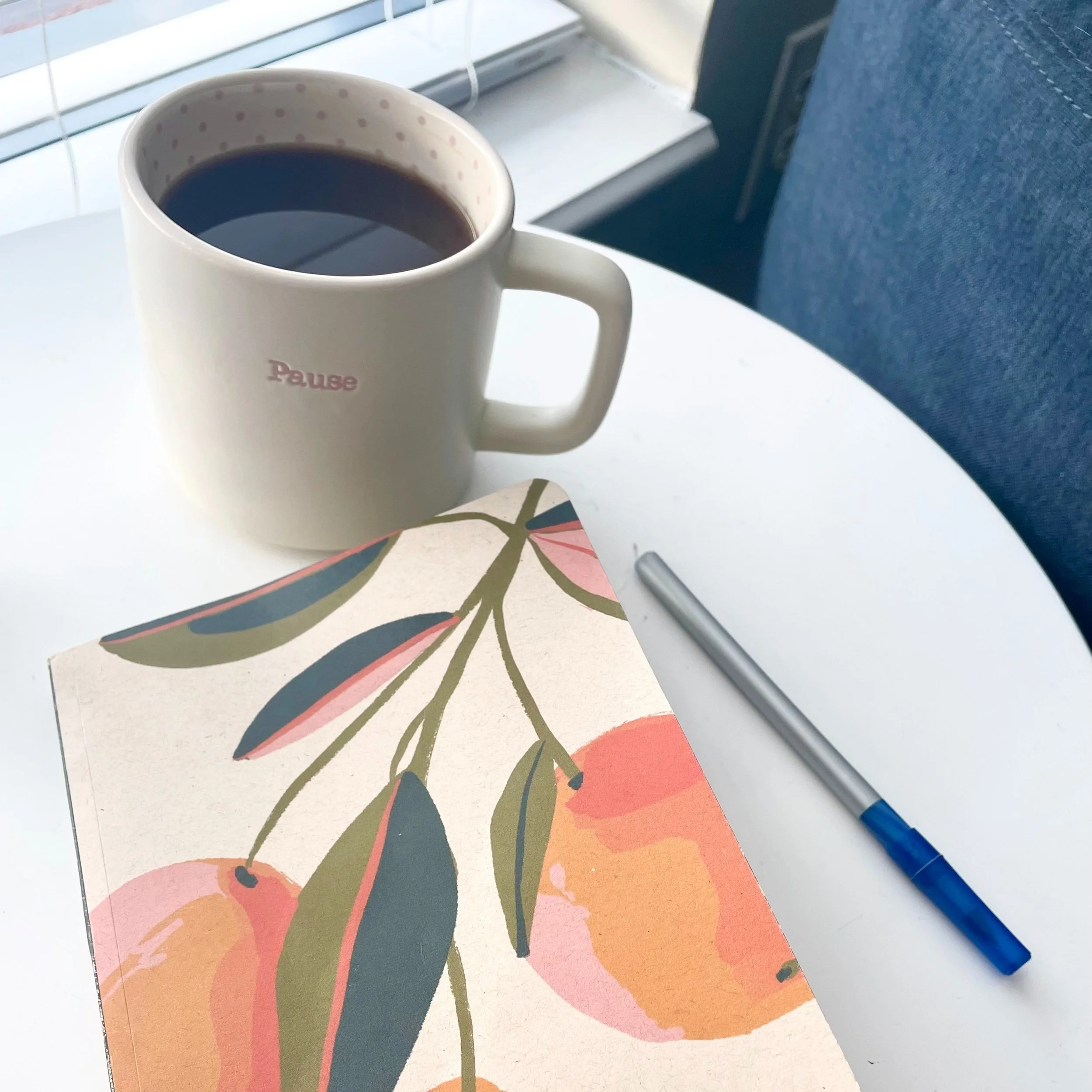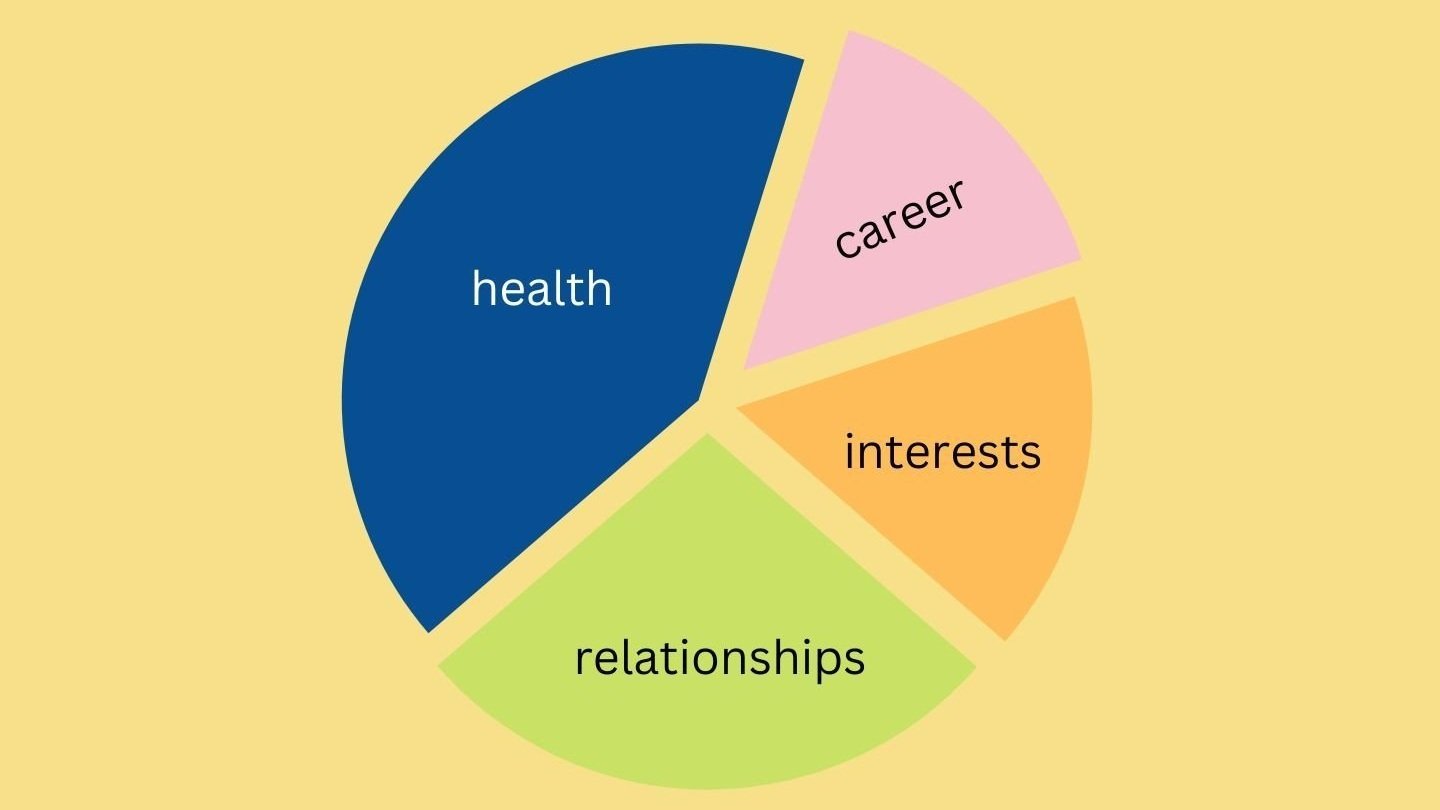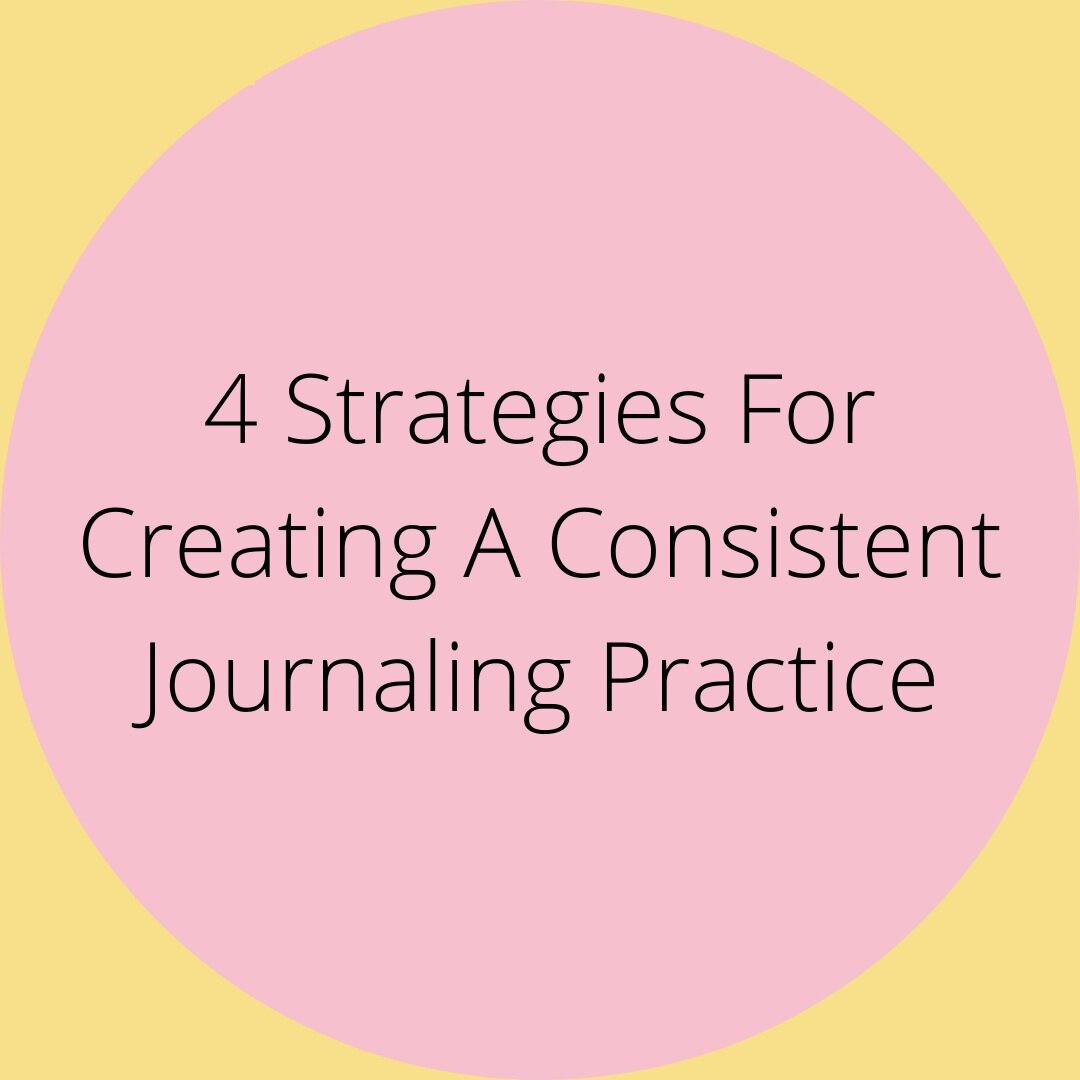If you want to start journaling in the morning before your 9-5, here are 4 things I would do (and not do)
1) Get a journal that feels motivating to you
Target, TJMaxx, local bookstore if you want to make this trip a treat for yourself.
Order on Amazon if you know you’ll keep putting off getting one.
You could also journal on your laptop — Google Docs or something offline so you don’t feel tempted to open other tabs on your computer.
Don’t overthink the method - go with your gut!
2) Habit stack journaling with something you already do.
Do it right after brushing your teeth or pouring your coffee.
This makes the task you’re already doing a trigger, and makes journaling feel not as daunting of a new task.
The “sweet spot time” is usually after you’ve done a few tasks, but before you’ve engaged with the rest of the world (you’re more awake, but still have control of your thoughts).
3) Pick a spot that feels calming yet empowering.
The side chair in the living room, living room table, or set a blanket on the floor like a yoga mat.
I recommend not doing your bed or work desk since you’re not trying to sleep or work.
You’re trying to get your creative and reflective juices flowing, while not being a perfectionist.
4) Use journal prompts.
If you don’t know what to write and scared of the blank page, use journal prompts so you don’t have to think about it.
I have a few in my Resource Library, you can search online, or there are journal prompt card decks you can get a many bookstores that can be fun.
If you want your journal time to be quick - use my go-to template:
3 affirmations
3 things I’m thankful for
3 priorities for the day



